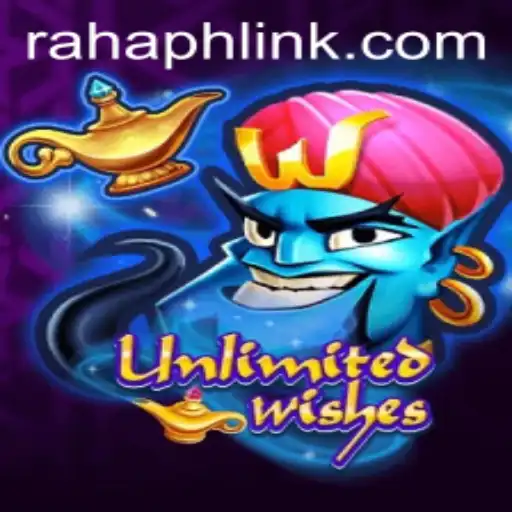Unveiling the Enchantment of FaCaiFuWa: A Cultural Game Revolution
The gaming industry has recently been captivated by the alluring universe of FaCaiFuWa. This game, steeped in rich cultural themes and dynamic gameplay, has piqued the interest of gamers and cultural enthusiasts alike. The name 'FaCaiFuWa' itself hints at prosperity and fortune, resonating with themes that are deeply rooted in East Asian cultural symbolism. As the game gains momentum worldwide, understanding its intricacies becomes essential for both existing fans and newcomers.
Introduction to FaCaiFuWa
FaCaiFuWa, a multiplayer online game, seamlessly blends traditional cultural elements with modern gaming mechanics. Developed with a global audience in mind, the game offers players a chance to explore a virtual world influenced by mythical tales and folklore. With its vibrant graphics and engaging narrative, FaCaiFuWa provides an immersive experience that transports players into a realm where adventure and tradition converge.
The Cultural Significance of FaCaiFuWa
The game's title, FaCaiFuWa, translates to 'prosperity is abundant.' This aligns with many East Asian cultural traditions that emphasize wealth, happiness, and familial prosperity. Throughout the game, players encounter various symbols and motifs representing these values. Elements such as dragons, phoenixes, and ancient coins are not merely decorative; they play pivotal roles in the gameplay, offering insights into the cultural heritage upon which the game is built.
Gameplay and Mechanics
FaCaiFuWa distinguishes itself with its unique blend of strategy, exploration, and role-playing elements. Players can choose from a myriad of characters, each with distinct abilities tied to different cultural archetypes. The world of FaCaiFuWa is expansive, allowing players to engage in vast explorations, solve intricate puzzles, and embark on quests that reveal the rich tapestry of its narrative.
An innovative aspect of the game is its 'rahaph link' system, which allows players to form bonds and alliances that are integral to their success within the game. These links are not just about camaraderie; they hold the key to unlocking special skills and salvaging rare artifacts. The strategic formation and management of these relationships influence how players navigate the challenges they encounter.
Engaging with Current Events
In an era where digital platforms shape our understanding of cultural identity, FaCaiFuWa mirrors ongoing conversations about globalization and cultural exchange. The game serves as a testament to how traditional values can be preserved and reimagined through modern technology. Its rising popularity coincides with increasing interest in how games can act as vehicles for cultural storytelling.
Rules and Objectives
The rules of FaCaiFuWa are designed to promote strategic thinking and cultural awareness. Players are encouraged to delve into the backgrounds of their chosen characters, understanding their abilities and limitations. The ultimate objective is to achieve prosperity within the game's virtual society, which mirrors real-world aspirations of success and fulfillment.
Progression in the game is achieved by completing missions that require teamwork, strategy, and an understanding of the cultural underpinnings of each quest. The 'rahaph link' plays a crucial role here, as players must decide which alliances will benefit their journey the most. Moreover, challenges often involve solving cultural riddles or participating in festival-themed events, enriching the player's experience by providing educational insights into the culture that inspired them.
Future Prospects
As FaCaiFuWa continues to grow, its developers have plans to introduce new expansions that further dive into lesser-known cultural narratives. These updates are anticipated to bring fresh challenges and stories, ensuring that the game remains both engaging and educational. With its expanding user base and positive reception, FaCaiFuWa is poised to become a staple in discussions about the role of video games in cultural dialogue and exchange.







